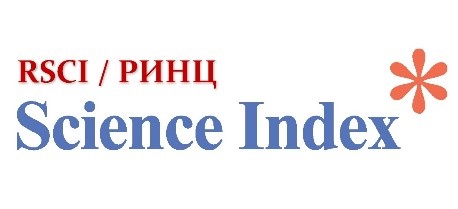One the Lagrange multipliers rule in problems with the equality type constraints, given by quasi-differentiable functions
Views: 165 / PDF downloads: 85
Keywords:
quasi-differentiable function, kuasi-differential, subdifferential, continuos multi-valued mappingAbstract
In recent years, there has been a steadily growing interest in the study of extremal problems with parameters
that do not satisfy the standard smoothness assumptions. This is due to both theoretical needs and important practical
applications in economics, technology, physics, and other sciences. Rough objects naturally arise in a several areas of
systems analysis, nonlinear mechanics, and control processes.
In the theory of extremal problems, the main interest is the behavior of functions in the vicinity of points where a local
extremum is attained. The local behavior of nonsmooth functions is described by subgradients, which are analogs of the
derivative of differentiable functions.
Using the concepts of subdifferential and subgradient F. Clarke proved the Lagrange multiplier rule in mathematical
programming problems with constraints of the type of equalities and inequalities defined by locally Lipschitz functions.
However, there are subclasses of locally Lipschitz functions, the simplest examples of which show that the necessary
conditions for an extremum obtained by F. Clarke are rather crude and do not allow one to discard obviously non-optimal
points. Such a subclass of nonsmooth functions is the subspace of quasi-differentiable functions. In this article, using the
Eckland variational principle, we obtain the Lagrange multiplier rule in terms of quasi-differentials. It is shown by examples
that this condition is stronger than the necessary condition of F. Clarke







